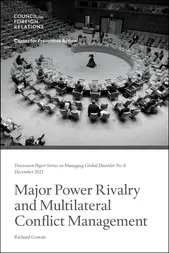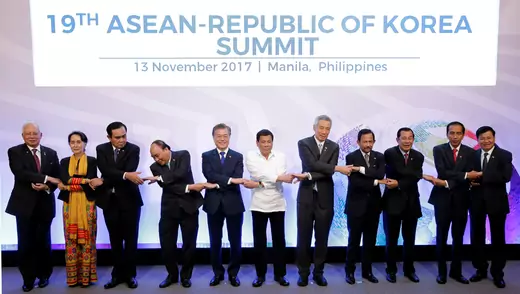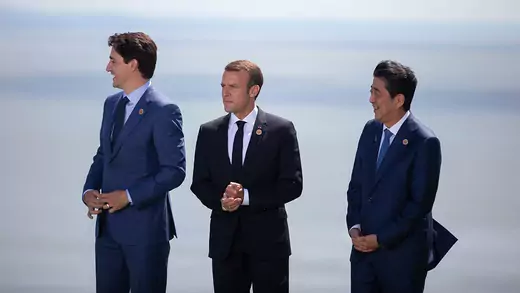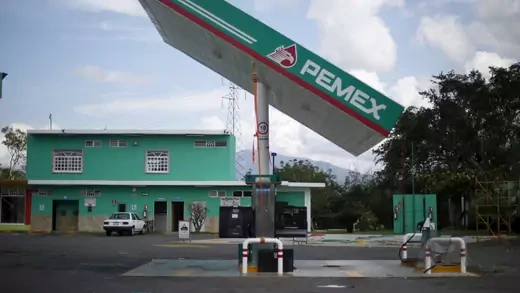- RealEcon
- Israel-Hamas
-
Topics
FeaturedInternational efforts, such as the Paris Agreement, aim to reduce greenhouse gas emissions. But experts say countries aren’t doing enough to limit dangerous global warming.
-
Regions
FeaturedThe 2021 coup returned Myanmar to military rule and shattered hopes for democratic progress in a Southeast Asian country beset by decades of conflict and repressive regimes.
Backgrounder by Lindsay Maizland January 31, 2022
-
Explainers
FeaturedDuring the 2020 presidential campaign, Joe Biden promised that his administration would make a “historic effort” to reduce long-running racial inequities in health. Tobacco use—the leading cause of p…
Interactive by Olivia Angelino, Thomas J. Bollyky, Elle Ruggiero and Isabella Turilli February 1, 2023 Global Health Program
-
Research & Analysis
FeaturedLost Decade is an essential guide for understanding the historic shift to Asia-centric geopolitics and its implications for the United States’ present and future. Across the political spectrum, …
Book by Robert D. Blackwill and Richard Fontaine June 11, 2024 Asia Program
-
Communities
Featured
Webinar with Carolyn Kissane and Irina A. Faskianos April 12, 2023
-
Events
FeaturedJohn Kerry discusses his work as U.S. special presidential envoy for climate, the challenges the United States faces, and the Biden administration’s priorities as it continues to address climate chan…
Virtual Event with John F. Kerry and Michael Froman March 1, 2024
- Related Sites
- More
December 13, 2021
Conflict PreventionDespite growing rivalry among the major powers, multilateral institutions like the United Nations can continue to play a vital role in the management of violent conflict. Washington should look for opportunities to work with these institutions and, where needed, bolster their role in cooperation with other powers to manage future regional threats to peace.

December 8, 2017
Humanitarian InterventionFor the United States, South Korea, and ASEAN, managing nontraditional security threats such as natural disasters should be as important as coping with traditional security threats.

June 14, 2019
Global GovernanceSessions at the Council of Councils conference were held on global change and world order, managing the global risk of nuclear weapons, the challenges of rapid urbanization, the future of freedom, and managing the conflict in Yemen.

October 1, 2019
Human TraffickingHuman trafficking can fuel conflict, drive displacement, and undercut the ability of institutions to promote stability. The United States should reduce human trafficking in conflict and terrorism-affected contexts while promoting peace and stability.

December 11, 2014
Fossil FuelsOverview U.S. policymakers who worry about the impact of energy developments on geopolitics typically think of high oil prices as bad news and low prices as an unalloyed good. But a sustained drop…

 Online Store
Online Store
